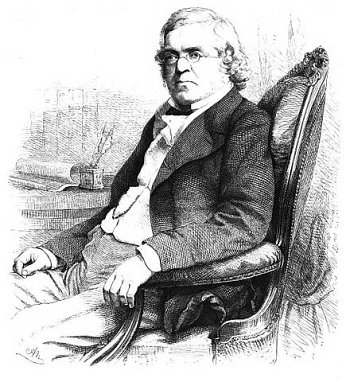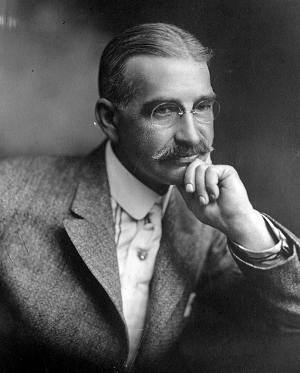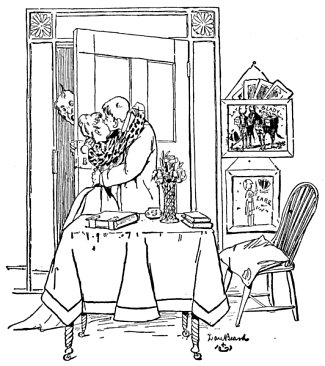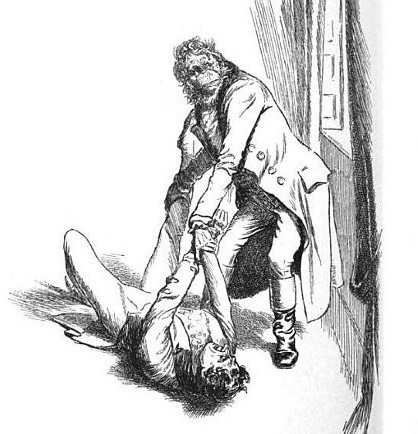From Henry Wheatley’s index to Samuel Pepys’ diary:
Periwig, Pepys wears one, iii. 116, 327; Pepys puts off the wearing of one for a while, iii. 265; one bought by Pepys, iii. 323; he buys a case for it, iii. 328; Pepys so altered by it that the Duke of York did not know him, iii. 334; Pepys has a second made of his own hair, iii. 341, 342; he sends one to the barber’s to be cleansed of its nits, iv. 190; he buys two more, vi. 245; Pepys agrees with a barber to keep his in order, viii. 33; his, set on fire, viii. 118; King and Duke of York first wear periwigs, iv. 43; danger of wearing periwigs during the Plague, v. 64; Ladies of Honour in, v. 324; periwig shops, iii. 116, 316, 326; vi. 314; viii. 127.
From James Russell Lowell’s index to The Biglow Papers:
Alligator, a decent one conjectured to be, in some sort, humane, 156
Birch, virtue of, in instilling certain of the dead languages, 134
Christian soldiers, perhaps inconsistent, whether, 64
Eating words, habit of, convenient in time of famine, 76
Epaulets, perhaps no badge of saintship, 55
Fire, we all like to play with it, 85
National pudding, its effect on the organs of speech, a curious physiological fact, 51
Paris, liberal principles safe as far away as, 96
People soft enough, 98–want correct ideas, 131
Pleiades, the, not enough esteemed, 103
Present, not long wonderful, 103
Riches conjectured to have legs as well as wings, 92
Satan, never wants attorneys, 48
Speech-making, an abuse of gift of speech, 81
Venetians, invented something once, 135
From Lewis Carroll’s index to Sylvie and Bruno:
Crocodiles, logic of, 230
Electricity, influence of, on Literature, 64
Frog, young, how to amuse, 364
Ghosts, treatment of, in Railway-Literature, 58
Loving or being loved. Which is best? 77
Parentheses in conversation, how to indicate, 251
Weltering, appropriate fluids for, 58
Carroll’s index also includes entries for “Boots for horizontal weather,” “Horizontal rain, boots for,” “Rain, horizontal, boots for,” and “Weather, horizontal, boots for”:
“But what’s the use of wearing umbrellas round one’s knees?”
“In ordinary rain,” the Professor admitted, “they would not be of much use. But if ever it rained horizontally, you know, they would be invaluable–simply invaluable!”




